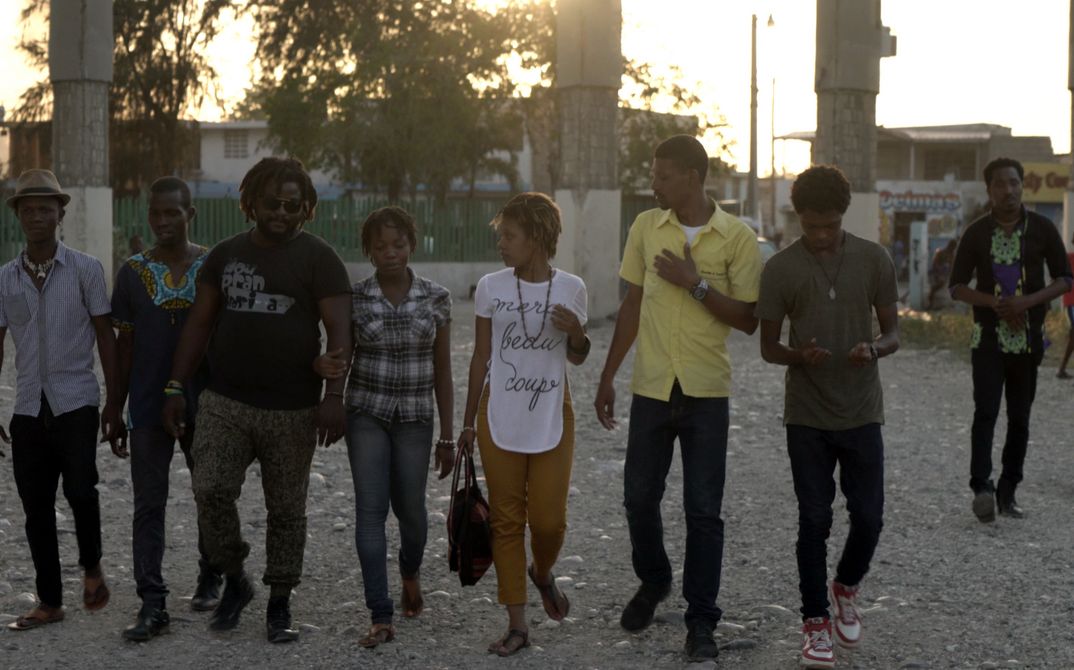Thirteen years my elder, my brother has always been a somewhat elusive figure in my life. My earliest memories of him are of this tall stranger that used to come to the house and sleep in the spare bedroom across the landing from me. I would quietly open his door and peer in, marvelling at how big his shoes were. In my mind, he was this great, brooding giant, with dark eyes shadowed by a black fringe, and whose origins I couldn’t recall.
Throughout my life he would sporadically appear at home, and as I got older I went to visit him with mum when he was in prison. We would hug and then talk for two hours, drink cups of tea, eat bacon and egg sandwiches, chocolate bars and sweets to feign some sense of comfort. I would admire my brother’s tattoos, new trainers and gold teeth, and listen to his stories of cooking curry in a kettle on a Sunday to share with friends in prison. I remember feeling such pride at being this man’s younger brother, yet I always left the prison visitor’s centre with such a heavy heart; so tragic to have to say goodbye and walk out into the dull grey light of the car park, somewhere in Norfolk, leaving my brother behind to return to his cell.
Over the 9 different times my brother has been in prison throughout his life, I have visited him on various occasions, but it was certainly never enough. This is sad, but it’s something I hope I don’t ever have to rectify through more visits – ideally he will stay out of prison now for the rest of his life, but this is not so easy to determine. Prison is not something one just chooses to stay out of. The reasons behind recidivism are varied, in my brother’s case they are complex, traumatic and run very deep, and imprisonment always exacerbates them.
The prison system actively encourages drug use, refuses to recognise mental health problems and ruins all hopes of rehabilitation. Every time I visited my brother and saw and heard the conditions of his imprisonment, I was reminded how his situation in life was not entirely his fault, but that it was the result of a drastic institutional failure at every level; a failure of the prison system, the probation services, health services, social services and the police.
